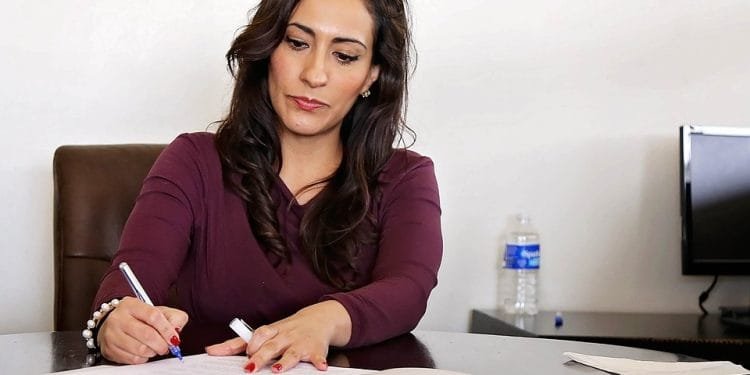[ad_1]
Mastering the Art of Effective Communication: Unlocking the Power of Interpersonal Skills
Communication is a fundamental aspect of human interaction. It is the ability to convey information, ideas, and emotions to others effectively. Mastering the art of communication is essential for building strong relationships, resolving conflicts, and achieving success in all aspects of life. In this article, we will explore the importance of effective communication, provide tips on how to improve interpersonal skills, and discuss strategies for enhancing your communication abilities.
The Importance of Effective Communication
Effective communication is crucial in both personal and professional settings. It helps to establish trust, foster collaboration, and build positive relationships. Whether you are communicating with a colleague, a friend, or a family member, clear and concise communication is key to ensuring that your message is understood and well-received.
One of the most common communication challenges is misinterpretation. Misunderstandings can lead to conflicts, frustration, and ultimately, a breakdown in relationships. By mastering the art of effective communication, you can minimize the chances of miscommunication and improve your interactions with others.
Tips for Improving Interpersonal Skills
Effective communication requires a combination of verbal and non-verbal skills. Here are some tips to help you improve your interpersonal skills:
1. Listen actively
Listening is an essential component of communication. To be a good communicator, you must be a good listener. Active listening involves paying attention to what the other person is saying, asking clarifying questions, and showing empathy. By listening actively, you can better understand the other person’s perspective and respond accordingly.
2. Use non-verbal cues
Non-verbal cues, such as body language, facial expressions, and tone of voice, play a significant role in communication. Pay attention to your non-verbal signals and ensure that they are aligned with your verbal message. For example, maintaining eye contact and using open body language can convey confidence and sincerity.
3. Be clear and concise
Clear and concise communication is essential for conveying your message effectively. Avoid using jargon or complex language that may confuse the other person. Instead, be direct and to the point, and ensure that your message is easily understood.
4. Practice empathy
Empathy is the ability to understand and share the feelings of others. By practicing empathy, you can build rapport, establish trust, and create meaningful connections with others. Put yourself in the other person’s shoes and try to see things from their perspective.
Strategies for Enhancing Communication Abilities
There are several strategies you can use to enhance your communication abilities and become a more effective communicator:
1. Practice active listening
Active listening is a skill that can be developed through practice. To improve your active listening skills, try to focus on the speaker, ask clarifying questions, and summarize the key points of the conversation. By practicing active listening, you can demonstrate that you value the other person’s perspective and are genuinely interested in what they have to say.
2. Seek feedback
Feedback is an essential tool for improving your communication abilities. Ask for feedback from colleagues, friends, or family members on how you can communicate more effectively. This will help you identify areas for improvement and make adjustments to your communication style.
3. Take communication courses
If you are looking to enhance your communication skills, consider taking communication courses or workshops. These courses can provide you with practical tips and strategies for improving your interpersonal skills and becoming a more effective communicator.
4. Practice assertiveness
Assertiveness is the ability to express your thoughts and feelings in a clear and respectful manner. By practicing assertiveness, you can communicate your needs and boundaries effectively, build self-confidence, and maintain healthy relationships.
Conclusion
Effective communication is a powerful tool that can help you build strong relationships, resolve conflicts, and achieve success in all aspects of life. By mastering the art of communication, you can unlock the power of interpersonal skills and improve your interactions with others. Follow the tips and strategies outlined in this article to enhance your communication abilities and become a more effective communicator.
Remember, communication is a two-way street. Be a good listener, use non-verbal cues, and practice empathy to connect with others on a deeper level. By improving your interpersonal skills, you can build trust, foster collaboration, and create positive relationships that will benefit you both personally and professionally. Start mastering the art of effective communication today and unlock the power of your interpersonal skills.
[ad_2]




